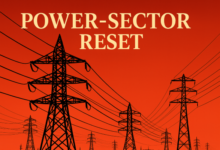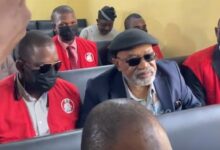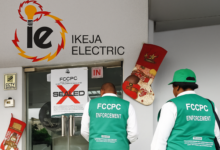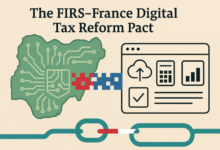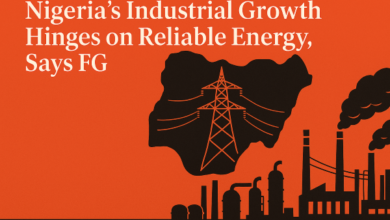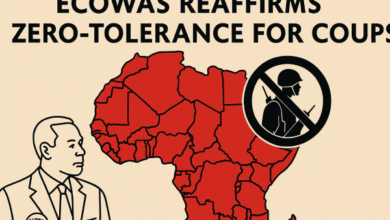Project tracking: ICPC recovers N2.8 bn assets in 3 years – Commissioner
 The Independent Corrupt Practices and Other Related Offences Commission (ICPC) says it has recovered N2.8 billion assets in the last three years through its Constituency and Executive Projects Tracking initiative (CEPTi).
The Independent Corrupt Practices and Other Related Offences Commission (ICPC) says it has recovered N2.8 billion assets in the last three years through its Constituency and Executive Projects Tracking initiative (CEPTi).
Mr Agwu Amefula, the ICPC Commissioner in Edo, disclosed this on Tuesday in Benin during his presentation at the sensitisation dialogue with community influencers.
The News Agency of Nigeria (NAN) reports that the dialogue was on behavioural change, national ethics and integrity policy as well as the CEPTi.
Amefula said the commission had compelled returns of close to 450 contractors to sites to complete either abandoned or shoddy projects.
He, however, urged the influencers to closely monitor corrupt practices and transparency issues which, he said, had become rampant in the delivery of public projects in various communities.
This, he said, would cause change to happen by reporting observed sharp practices to the commission.
The commissioner, who described community influencers as agents for attitudinal and behavioural change in society, urged them to participate in the governance process by engaging their representatives in project determination.
“It’s essential for them to help on prevention of corruption through the study and review of operational systems (in procurement and implementation of public projects) in Ministries, Departments and Agencies (MDAs).
“Education and enlightenment of citizens in your domains and members of your congregations on and against corruption is a must do task for you.
“Ensure that your communities are rid of all corrupt practices through robust engagements and behavioural change strategies,’’ said the commissioner.
In her presentation, Mrs Ese Okwong, the Assistant Director in the commission, sought adherence to the national ethics and integrity policy developed by the ICPC in collaboration with the office of the Secretary to the Government of Federation and the National Orientation Agency.
The policy, Okwong said, was aimed at enhancing values and integrity as well as tackling corruption in Nigeria.
She added that the policy was in response to the many damaging effects of corruption in both public and private sectors, with a view to help restore and revitalise these sectors.
Earlier in his opening address, Prof. Bolaji Owasanoye, the ICPC Chairman, said the commission entered into partnership with the influencers to promote the policy and canvas their buy-in to enable nationwide success.
Owasanoye, who was represented by Mrs Grace Chinda, a commission board member, lauded the Edo Government for helping to mobilise the audience.
Participants at the dialogue called on the Federal Government to give more funding and logistics to the commission to build its capacity for the staff to investigate corrupt cases in the state.
The participants noted that there was a disconnection between government and the people, hence the need for more awareness creation and inclusion in the school curriculum for students.
Those in attendance include traditional rulers, religious leaders and community based Civil Society Organisations.


